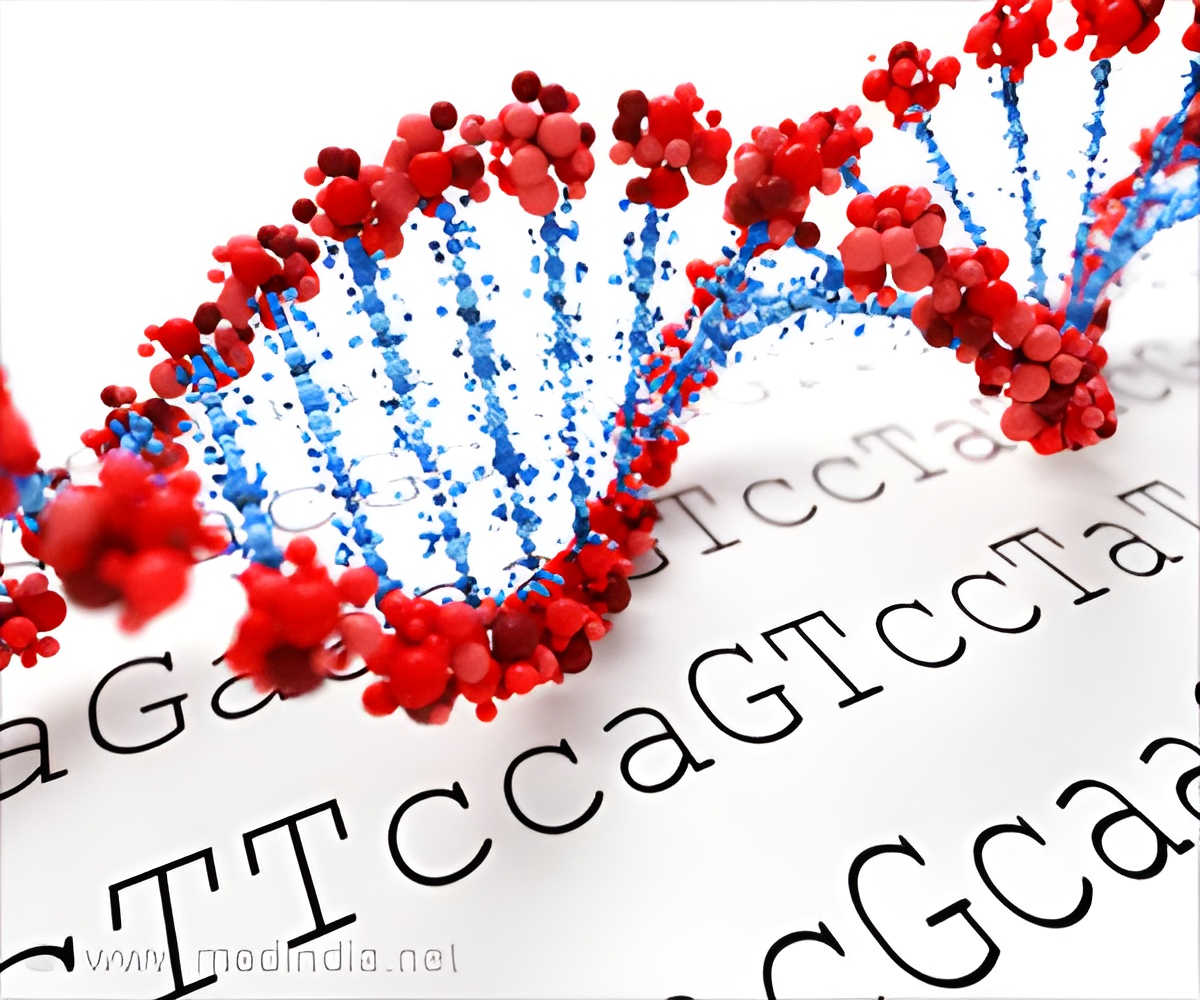Micro RNAs are post-transcriptional gene regulators known to be involved in almost every biological function with some differences.

The authors found that changes in the sequence and length of four microRNAs may be specific to humans. Two were highly expressed in brain tissue and may exert effects on genes with neural functions, while two exhibit restricted expression patterns that the authors posited implied a role in development. The authors also found that "age" might matter; in an evolutionary sense, "younger" microRNAs had less sequence conservation, expression and disease association, and were more isolated than "older" microRNAs.
The authors suggest this study may aid in our understanding of how non-coding elements may have played a role in shaping some traits that ultimately became human-specific. They also hope that it provides a framework to study the possible impact of these changes on recent human evolution.
Source-Eurekalert









